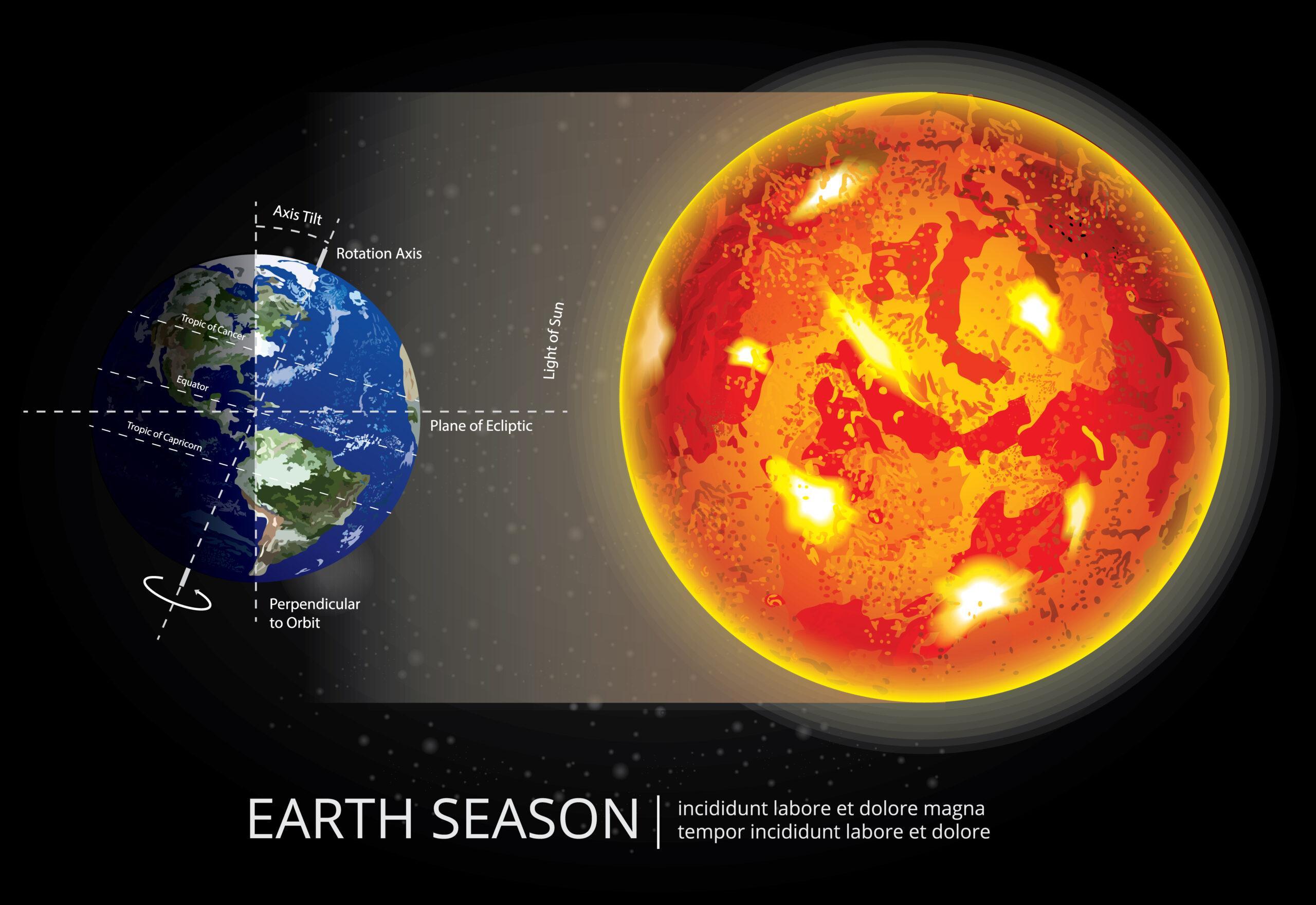China’s Clean Air Paradox: How Reducing Pollution Accelerated Global Warming
By Madeleine Cuff
In a climate change twist nobody saw coming, China’s successful battle against air pollution appears to have inadvertently turned up Earth’s thermostat. New research suggests the nation’s dramatic improvements in air quality account for a startling 80% of the increased global warming rate observed since 2010—revealing the complex trade-offs between public health and planetary heating.
The Pollution Solution That Backfired
China’s air quality crusade began in earnest ahead of the 2008 Beijing Olympics, when:
- Sulphate emissions dropped 75% through coal plant scrubbers and vehicle regulations
- Annual sulphur dioxide output fell by 20 million tonnes
- An estimated 150,000 premature deaths per year were prevented
But this public health victory came with an unexpected climate cost. Those same sulphate particles had been secretly shielding the planet, reflecting sunlight back into space and making clouds more reflective. Their removal has effectively unmasked 0.07°C of hidden warming—about 5% of total warming since the Industrial Revolution.

The Science Behind the Spike
Using cutting-edge climate models and real-world satellite data, Norwegian researchers have connected the dots:
- The Warming Acceleration
- 1970-2010: 0.18°C per decade
- Post-2010: 0.24°C per decade
- 80% of this increase traces to China’s cleaner air
- The Pacific Hotspot
- Satellite data shows unusual warming over the North Pacific
- Matches where Chinese aerosols previously drifted and cooled
“The warming was always there,” explains lead researcher Bjørn Samset. “We just had artificial cooling from pollution acting like a planetary sunshade.”
A Global Climate Crossroads
The findings raise urgent questions as other regions follow China’s clean air lead:
• Shipping Industry Shock
2020 marine fuel regulations caused an aerosol crash over oceans—where clouds are most sensitive to pollution changes.
• Cloud Cover Concerns
Rising temperatures may already be making ocean clouds less reflective, reducing nature’s own cooling system.
• Model Uncertainties
Scientists worry climate models may underestimate how sensitive temperatures are to aerosol changes.
The Impossible Choice
While the climate impact is significant, experts stress China made the right call: “Saving lives from air pollution remains more immediately crucial,” says UC San Diego’s Duncan Watson-Parris. The challenge now is balancing these priorities globally as:
- India and Southeast Asia face similar pollution dilemmas
- Climate models scramble to account for aerosol effects
- The world races to decarbonize before unmasked warming overwhelms
As Samset warns: “How fast the world keeps warming is absolutely crucial now.” China’s experience proves that in our interconnected climate system, even well-intentioned environmental actions can have worldwide consequences nobody predicted.

